About us
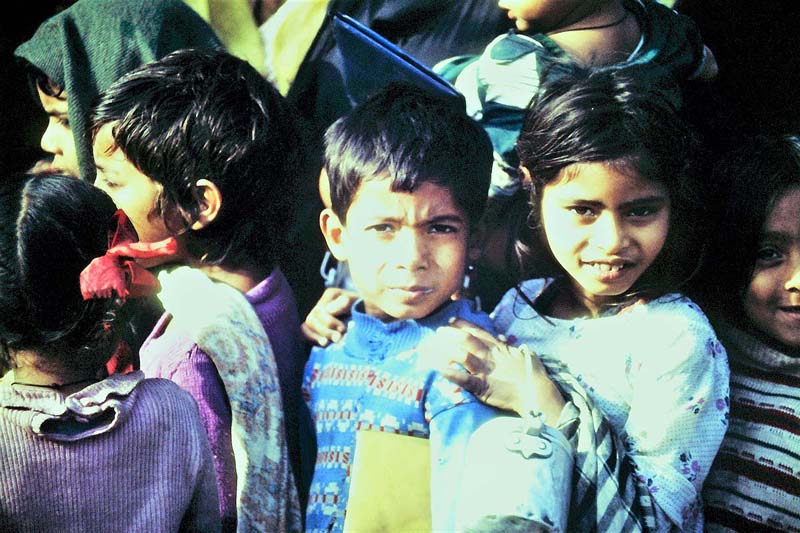
The Hope Project is a transformative initiative launched in 1975 by Pir Vilayat Inayat Khan. Originating as a “milk distribution program” for malnourished children, the project initially focused on aiding homeless migrant families from impoverished Indian states. Equipped with a medical team, the project provided essential consultations, treatments, and referrals, while children received education in only two modest classrooms. A major problem at that time was the limited workspace.
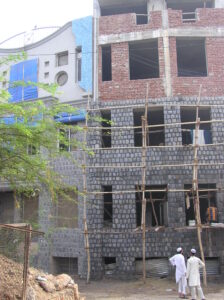
The turning point came with a significant inheritance donation at the turn of the millennium, enabling the construction of a new building for educational activities and health center. This expansion facilitated the growth of educational and medical services, including vocational training and specialized programs for women. The introduction of self-help groups empowered women to save funds and distribute small loans independently. The core philosophy of The Hope Project is rooted in fostering “help for self-help,” aiming to unleash the hidden potential of individuals, making them active contributors to society
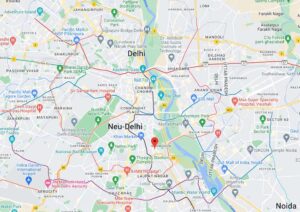 The Hope Project is located in the Nizamuddin Basti district of South Delhi. Basti describes an urban village. Nizamuddin commemorates the Sufi saint Hazrat Nizamuddin Aulia. He lived and died in this place, and around his shrine, one of the most important pilgrimage sites in northern India, a small village was built in the 13th century. Nizamuddin Basti is still a winding medieval village in the middle of the metropolis and attracts thousands of pilgrims every year.
The Hope Project is located in the Nizamuddin Basti district of South Delhi. Basti describes an urban village. Nizamuddin commemorates the Sufi saint Hazrat Nizamuddin Aulia. He lived and died in this place, and around his shrine, one of the most important pilgrimage sites in northern India, a small village was built in the 13th century. Nizamuddin Basti is still a winding medieval village in the middle of the metropolis and attracts thousands of pilgrims every year. 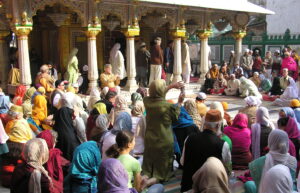
Situated in the Nizamuddin Basti, South Delhi—a historic urban village in the middle of metropolis—the project is strategically placed to address the needs of its diverse population. Rooted in the legacy of Sufi saint Hazrat Nizamuddin Auliya, the Basti embodies a mix of religious and cultural influences and attracts thousands of pilgrims every year and thus, this place reflects the social structure of India. The project’s interreligious and ethical work plays a pivotal role in fostering tolerance, conflict prevention, and peace-making.
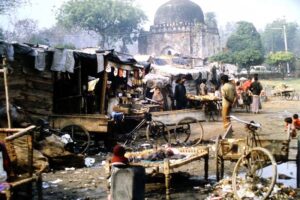
In its early years, The Hope Project grappled with poverty, unemployment, drug use, and other social evils in the surrounding slum huts. The Indian government’s initiative to make the country slum-free led to the “involuntary resettlement” of some Nizamuddin Basti residents. Undeterred, the project followed these groups, deploying a Mobile Medical Unit to offer healthcare, education, and other support services. Today, with a dedicated team of over 60 individuals—many of whom are trained locally and volunteers from varied professions —the Hope Project continues to make a lasting impact, reaching out to diverse communities and transforming lives through education, healthcare, and empowerment.
